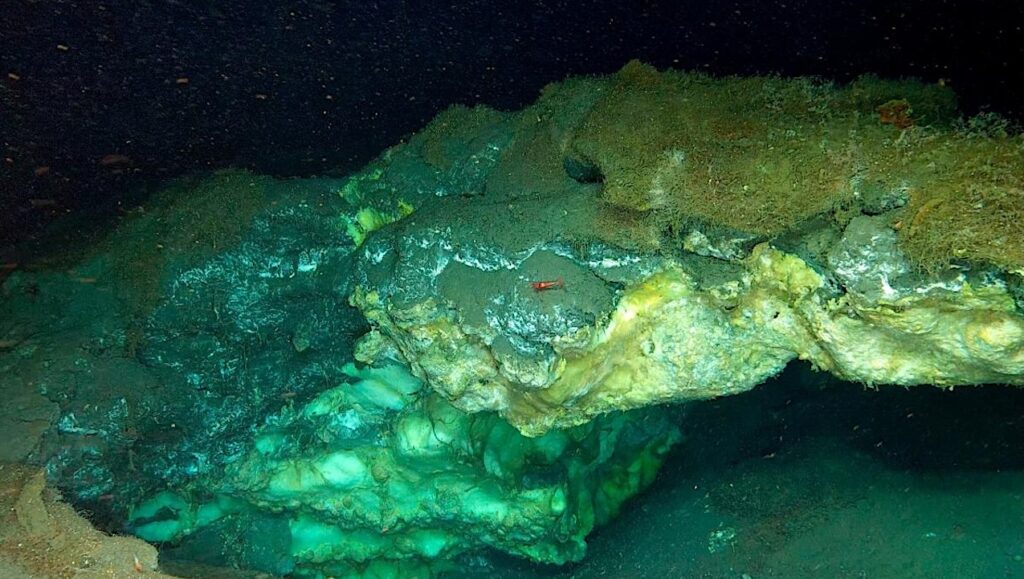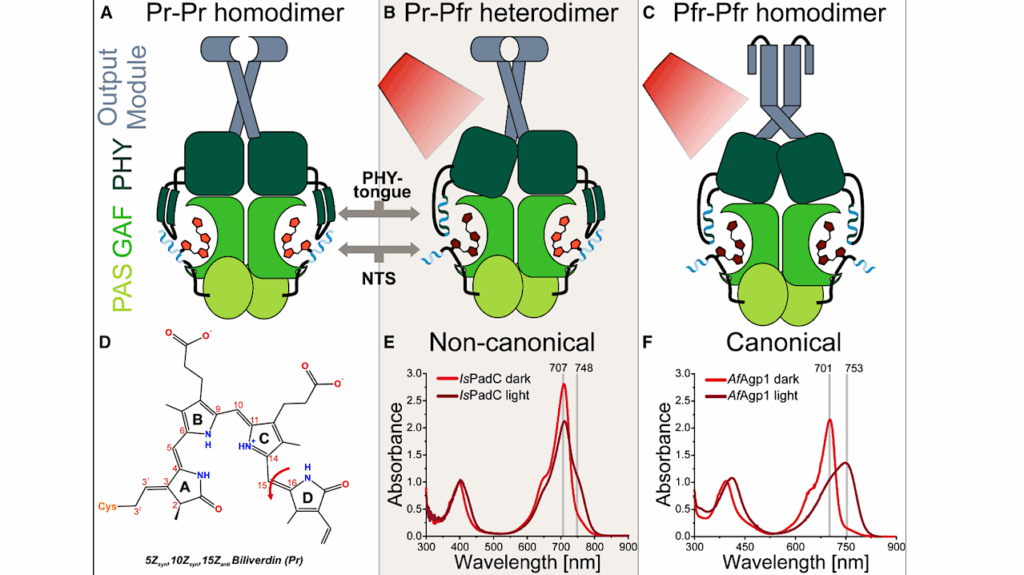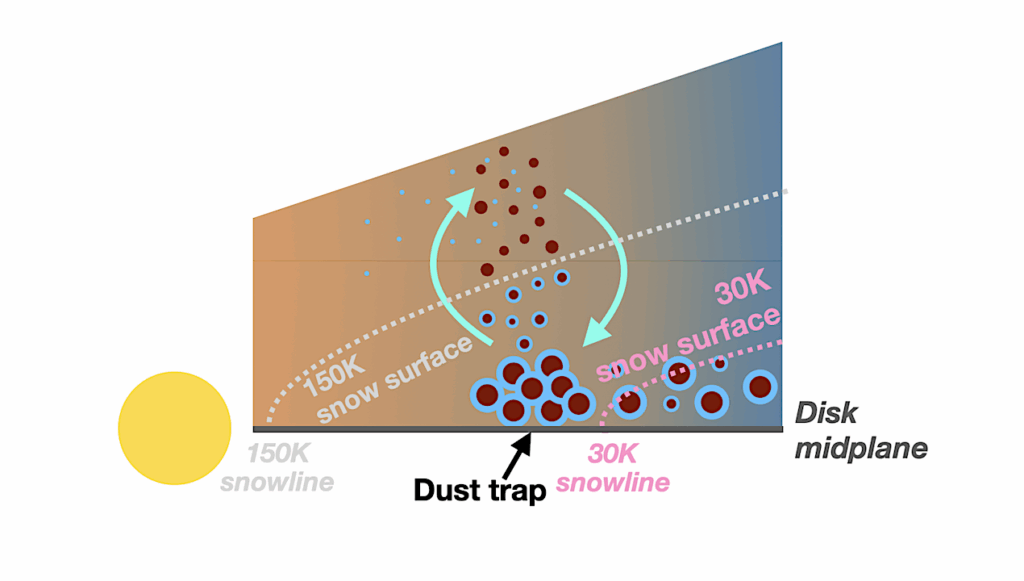Projections of Earth’s Technosphere. I. Scenario modeling, Worldbuilding, and Overview of Remotely Detectable Technosignatures

This study uses methods from futures studies to develop a set of ten self-consistent scenarios for Earth’s 1,000-year future, which can serve as examples for defining technosignature search strategies.
We apply a novel worldbuilding pipeline that evaluates the dimensions of human needs in each scenario as a basis for defining the observable properties of the technosphere. Our scenarios include three with zero-growth stability, two that have collapsed into a stable state, one that oscillates between growth and collapse, and four that continue to grow. Only one scenario includes rapid growth that could lead to interstellar expansion.
We examine absorption spectral features for a few scenarios to illustrate that nitrogen dioxide can serve as a technosignature to distinguish between present-day Earth, pre-agricultural Earth, and an industrial 1,000-year future Earth. Three of our scenarios are spectrally indistinguishable from pre-agricultural Earth, even though these scenarios include expansive technospheres.
Up to nine of these scenarios could represent steady-state examples that could persist for much longer timescales, and it remains possible that short-duration technospheres could be the most abundant. Our scenario set provides the basis for further systematic thinking about technosignature detection as well as for imagining a broad range of possibilities for Earth’s future.

A diagram of the worldbuilding pipeline developed for this study. The pipeline begins with the global and technology factors that define each scenario from Table 5 and other assumptions common to all scenarios (grey). These inputs are given to the Claude LLM, which then generates a description of the world (blue). Additional narrative and descriptions of the planetary bodies are added manually (purple). This information provides the basis for a human needs assessment that determines the different uses of land on each planetary body (orange). These results are used to describe the physical technosphere and potentially detectable technosignatures (yellow), which provide recommendations for technosignature detection (green). — astro-ph.IM

A diagram of the spatial distribution of the technosphere (orange) and biosphere (green) for each of the ten scenarios. Centers or “poles” of the technosphere are marked with X. Note that three cases involve a technosphere that remains limited to Earth and/or the moon (S4, S7, S8), and two cases involve a complete separation of the technosphere from the biosphere (S9, S10). — astro-ph.IM
Jacob Haqq-Misra, George Profitiliotis, Ravi Kopparapu
Comments: Submitted to Technological Forecasting and Social Change
Subjects: Physics and Society (physics.soc-ph); Earth and Planetary Astrophysics (astro-ph.EP); Instrumentation and Methods for Astrophysics (astro-ph.IM); Popular Physics (physics.pop-ph)
Cite as: arXiv:2409.00067 [physics.soc-ph] (or arXiv:2409.00067v1 [physics.soc-ph] for this version)
https://doi.org/10.48550/arXiv.2409.00067
Focus to learn more
Submission history
From: Jacob Haqq-Misra
[v1] Fri, 23 Aug 2024 12:55:19 UTC (570 KB)
https://arxiv.org/abs/2409.00067
Astrobiology








